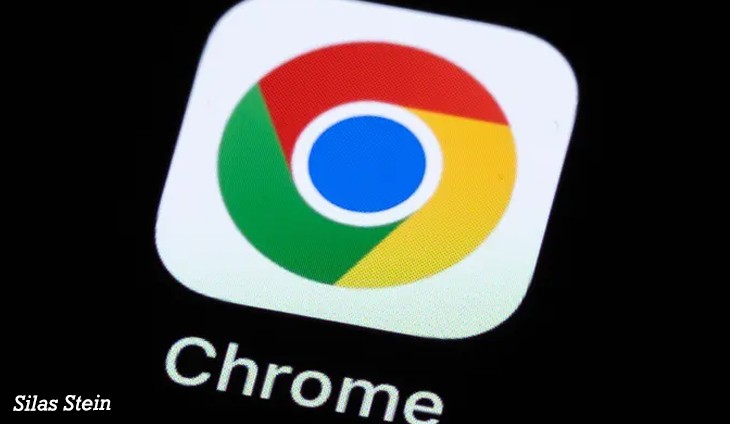
The U.S. Department of Justice (DOJ) has called for Google to sell off its Chrome web browser as part of broader efforts to break up the tech giant's search monopoly.
This latest development follows an August ruling by U.S. District Court Judge Amit Mehta, who found Google guilty of illegal practices in securing multibillion-dollar deals to make its search engine the default option across web browsers and smartphones.
The DOJ argues that separating Chrome from Google would open opportunities for competitors to form new distribution partnerships currently blocked by Google's market control. "The playing field is not level because of Google's conduct," the DOJ stated in Wednesday's radical proposal in Wednesday's filing.
Google strongly opposes the proposal, with Kent Walker, president of global affairs and chief legal officer, calling it a "radical interventionist agenda" that would damage American technological leadership. The company claims the breakup would disrupt popular consumer products and potentially compromise user privacy by exposing search data to unknown entities.
As an alternative approach, the DOJ suggested Google could divest Android, its mobile operating system. However, recognizing potential market disruption, regulators proposed behavioral remedies to limit Google's ability to favor its own search and advertising services within the Android ecosystem.
The final decision on these remedies will come after a two-week trial scheduled for April 2025, where Judge Mehta will evaluate the proposals and their potential impact on the technology landscape.
The case represents one of the most ambitious attempts by U.S. regulators to address competitive concerns in the tech industry, with far-reaching implications for how Americans access internet services.
Google maintains that the proposed breakup would hinder its artificial intelligence development efforts and overall innovation capacity. The company views the DOJ's approach as overreaching, extending beyond the scope of the court's original ruling.